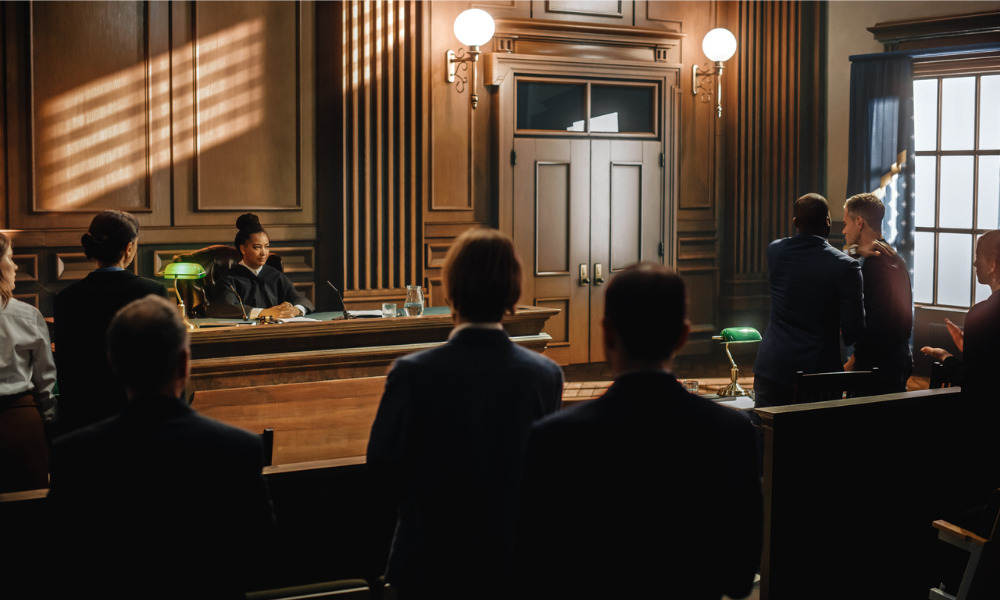A clerk accused of racist conduct later secured a position with a US Supreme Court justice

The US federal judiciary is assessing whether new ethical guidelines are needed for hiring law clerks after a controversy involving a clerk accused of racist conduct who later secured a position with US Supreme Court Justice Clarence Thomas, Reuters reported.
In a recent report, the US Judicial Conference, the judiciary's policymaking body, revealed that it had referred the question of new guidance to its Committee on Codes of Conduct during a closed-door meeting on March 12. Additionally, the Committee on Judicial Conduct and Disability was tasked with examining whether any rules should be modified to address potential conflicts within the current policies governing judicial misconduct cases.
A particular rule allows the Judicial Conduct and Disability Committee to review orders by a circuit's judicial council dismissing misconduct complaints to decide if an investigative committee should be appointed. However, a statute states that a council's order upholding a chief judge's dismissal of such a case is final. Last year, these conflicting policies were highlighted in a decision ending a misconduct case involving chief circuit Judge William Pryor of the 11th US Circuit Court of Appeals and district judge Corey Maze in Birmingham, Alabama.
Arthur Hellman, a law professor at the University of Pittsburgh specializing in federal judicial ethics, suggested that the scope of the review might be broad enough to address other controversies related to clerk hiring. He referenced recent incidents in which conservative federal judges announced a boycott of hiring clerks from certain law schools in response to campus demonstrations and disruptions.
"The Committee on Codes of Conduct would need to take that into account also because it raises similar issues," Hellman said in a statement.
The case concerning Pryor and Maze began in 2021 when seven Democratic members of the US House of Representatives requested an investigation into their decision to hire Crystal Clanton, a former national field director for the conservative student group Turning Point USA. In a 2017 New Yorker magazine story, journalist Jane Mayer reported that Clanton had sent a racist text message to a colleague, which stated, "I HATE BLACK PEOPLE ... I hate blacks. End of story."
Clanton, unavailable for comment, told the New Yorker in 2017 that she had no recollection of the messages and did not reflect her beliefs or who she was. After leaving Turning Point, Clanton was hired by Ginni Thomas, the wife of Justice Thomas, to assist in media ventures. Clanton lived with the Thomases for a period before attending George Mason University's Antonin Scalia Law School and securing clerkships with Maze and Pryor. Justice Thomas also hired her and recommended her to Pryor.
The lawmakers argued that if Pryor and Maze were aware of Clanton's history, their hiring decisions could be seen as endorsing discrimination, thus diminishing the judiciary's integrity and violating ethical rules. The judges, who did not respond to requests for comment, stated that they had determined that Clanton's claims were false before hiring her.
Initially, the Second Circuit cleared the judges of wrongdoing in January 2022, but in July 2023, the Judicial Conference's Committee on Judicial Conduct and Disability directed the panel to appoint a committee to investigate. The Second Circuit declined to revisit its decision in November 2023 after Pryor and Maze argued that a 2008 rule allowing the national conduct committee to order the circuit council to act conflicted with the Judicial Conduct and Disability Act 1980.
The court has given Mackenzie 90 days to apply for amendments to her pleadings and certification materials, providing a path forward for the case.






